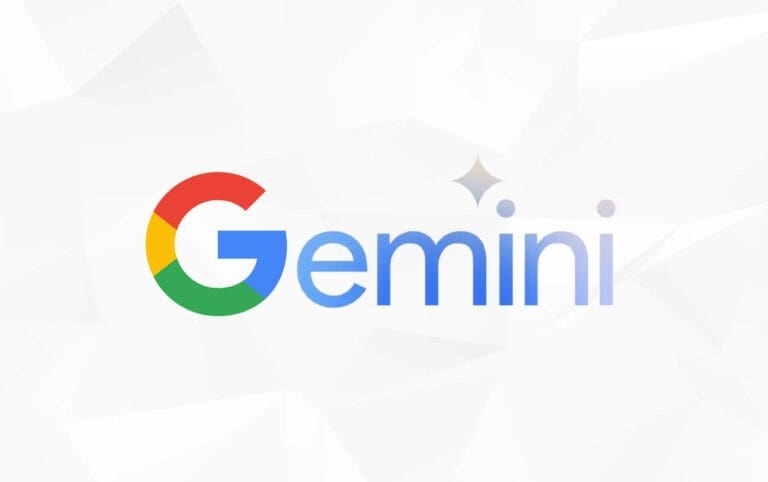Google has restricted access to key search functions for its AI service Gemini, while other AI companies are only being granted limited access.
This information was shared during a court hearing on the company’s management of search data for AI applications. Tech in Asia has already reported on the matter. The statement is part of an ongoing antitrust case led by the US Department of Justice, which wants to force Google to share more of its search data.
Previous statements revealed that other AI companies, including Anthropic and OpenAI, have requested access to Google’s search data. Google has invested heavily in Anthropic but rejected OpenAI’s request to use the search index.
Unequal competitive position
The fact that Google offers different levels of access to search data to Gemini versus competitors highlights a fundamental competitive advantage in AI development.
Although Google offers some search functionalities to third parties through Vertex AI, it reserves advanced features such as Knowledge Graph and OneBox for its own Gemini service, creating a tiered access system that favors internal products.
This pattern reflects broader dynamics in data collection in which Google dominates information flows. Research shows that Google receives data from 36% of popular apps, giving it unmatched data insights compared to competitors.
The competitive implications are significant for companies such as Meta, which Zuckerberg says uses Google for grounding, and Anthropic, which requested more extensive access despite a roughly $3 billion investment from Google.
This data gap creates a self-reinforcing competitive advantage: Google’s models improve faster thanks to exclusive access to richer data, while competitors have to settle for limited capabilities or build alternative solutions with less comprehensive information.
Competition measures cause friction
The Department of Justice’s proposal that Google share search data underscores the tension between competition policy and practical implementation. Judge Mehta ruled that Google has illegally monopolized the online search market with a market share of over 88%, which forms the legal basis for potentially far-reaching measures to restore competition.
Google’s defense against data sharing, citing security concerns and complexity of implementation, reflects a common tension in the regulation of digital platforms, where technical integration makes it difficult to separate services.
According to the company, 2,000 engineers would need to be transferred from product development to implement the ministry’s proposal, demonstrating the practical difficulties of designing effective competition measures for advanced technical systems.
This case has parallels with the competition proceedings against Microsoft in the late 1990s, where courts faced similar challenges in creating meaningful competition without disrupting technological ecosystems. The case against Google represents a crucial development in how regulators approach competition in AI-driven markets.
The Department of Justice’s focus on access to search data for AI companies reflects a shift from traditional competition concerns about consumer prices to ensuring competition in emerging technologies that rely on data.
Control over data increasingly important
This approach recognizes that modern technological competition is increasingly about control over data, rather than just product features or pricing – as Google’s reservation of Knowledge Graph and OneBox for Gemini clearly demonstrates.
The ruling could set an important precedent for how platform companies must share key resources with competitors, potentially influencing how other tech giants such as Apple and Amazon develop their own AI ecosystems.
The ongoing legal process to find solutions is a crucial moment in which judges must strike a difficult balance between promoting competition and preserving incentives for innovation – a challenge with far-reaching consequences for the entire technology sector.
